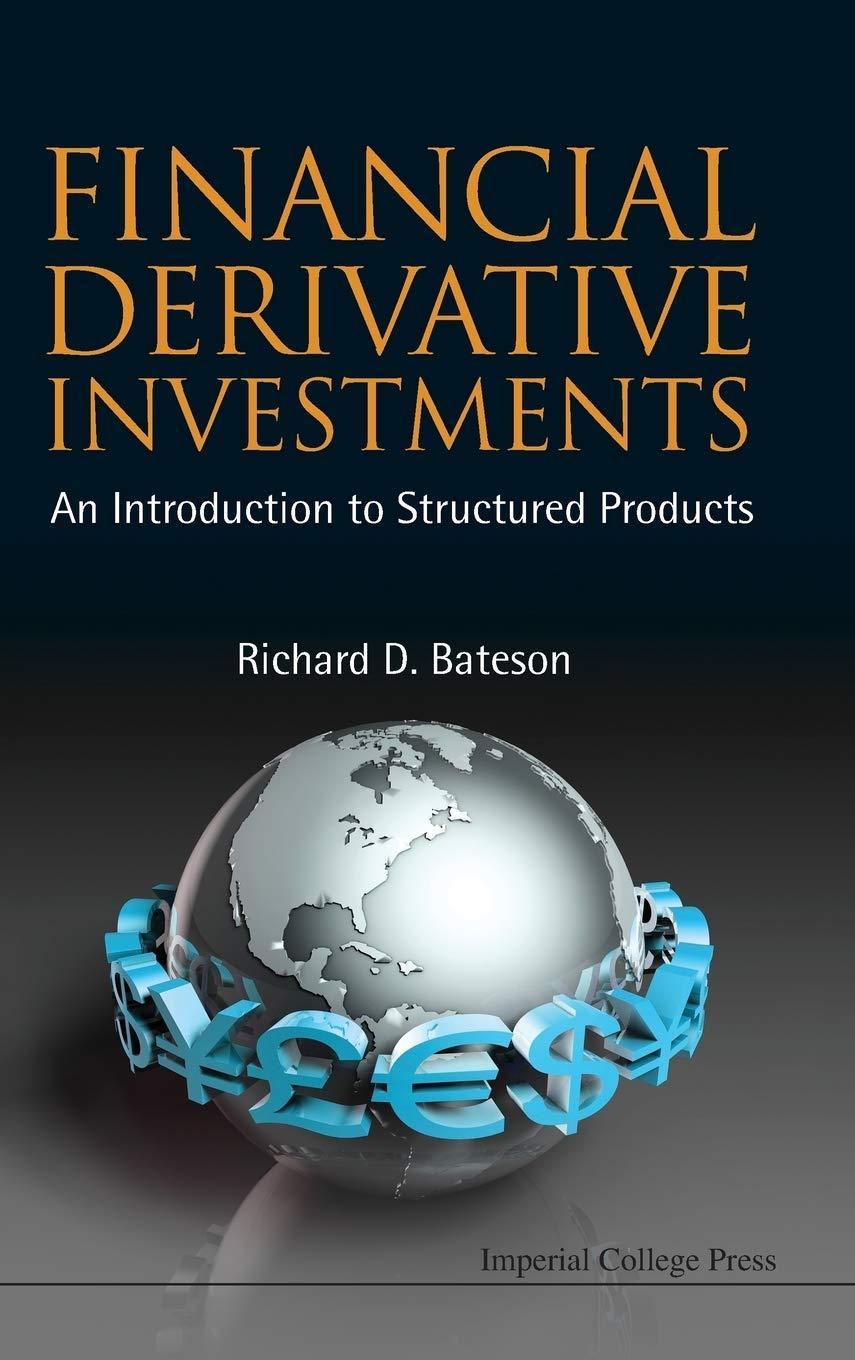

QUISTION - 1: 2.8 Develop a bill of materials, an assembly chart, and an operation process chart for a cheeseburger and a taco with everything on it. Identify the components that are pur- chased and the ones that are prepared internally. QUISTION -2: 2.13 Consider a simple three-step manufacturing process as illustrated in the given figure. Assuming that demand is 1,000 units, what is the required input to meet demand? You'll note that the required input is the same if the scrap rates are reversed for processes 1 and 3. Assume that the scrap cost is $5 at process 1, $10 at process 2, and $15 at process 3. The defective rates are 3%, 5%, and 7%, respectively. Compute the to- tal scrap cost for the given system and the system where the scrap rates are reversed. Which system would be preferred? 1 2 d = 3% d = 5% dz = 7% QUISTION-3: 2.14 Consider Problem 2.13 where, in this case, each process is capable of rework. Given the information in the following table, what is the input required to satisfy a demand of 1,000 units? Process Defect Rate Rework Rate 60% 1 3% 2 5% 75% 3 7% 80% Suppose that scrap costs are negligible, and rework costs are $2, $3, and $4, respec- tively. Calculate the rework cost for producing the 1,000 units. What happens to the re- work cost if the scrap rates on processes 1 and 3 are reversed? Does this result agree with that of Problem 2.13? QUISTION - 1: 2.8 Develop a bill of materials, an assembly chart, and an operation process chart for a cheeseburger and a taco with everything on it. Identify the components that are pur- chased and the ones that are prepared internally. QUISTION -2: 2.13 Consider a simple three-step manufacturing process as illustrated in the given figure. Assuming that demand is 1,000 units, what is the required input to meet demand? You'll note that the required input is the same if the scrap rates are reversed for processes 1 and 3. Assume that the scrap cost is $5 at process 1, $10 at process 2, and $15 at process 3. The defective rates are 3%, 5%, and 7%, respectively. Compute the to- tal scrap cost for the given system and the system where the scrap rates are reversed. Which system would be preferred? 1 2 d = 3% d = 5% dz = 7% QUISTION-3: 2.14 Consider Problem 2.13 where, in this case, each process is capable of rework. Given the information in the following table, what is the input required to satisfy a demand of 1,000 units? Process Defect Rate Rework Rate 60% 1 3% 2 5% 75% 3 7% 80% Suppose that scrap costs are negligible, and rework costs are $2, $3, and $4, respec- tively. Calculate the rework cost for producing the 1,000 units. What happens to the re- work cost if the scrap rates on processes 1 and 3 are reversed? Does this result agree with that of Problem 2.13








